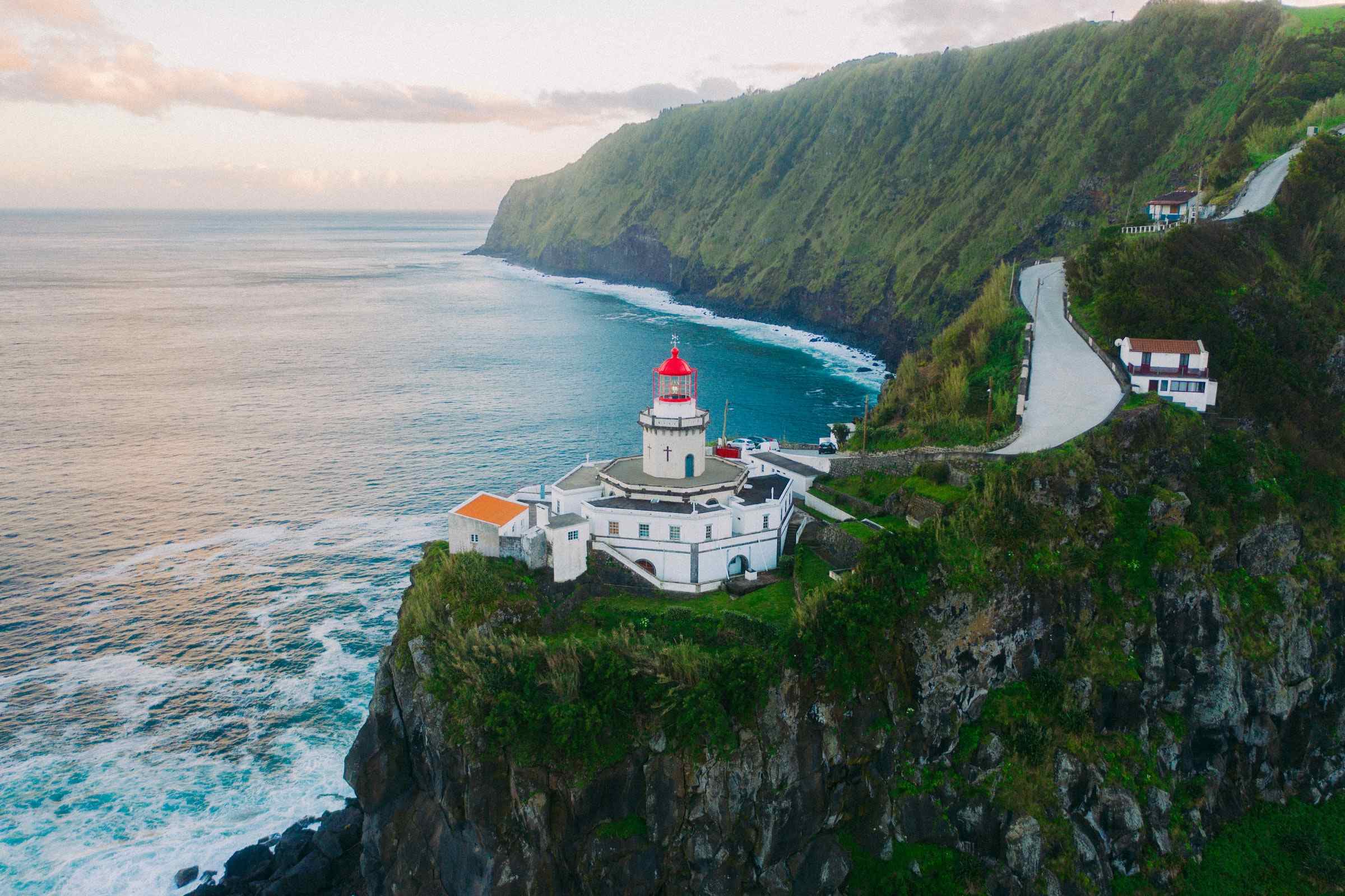Here are the extraordinary ingredients for a wild story: a sailboat driven by an Italian man breaks down during a storm and ends up anchoring on the island of São Miguel in the Azores.
None of this would be so extraordinary in and of itself had the boat not been loaded with hundreds of kilos of cocaine coming from Venezuela and heading for the Balearic Islands in Spain. Naturally, afraid that someone would discover the cargo, António Quinci, later known on the island only as “the Italian”, hides all the product in an underwater cave.
However, the tide would spoil his plans, taking with it the product that came ashore and was found by a population primarily of fishermen and extremely poor people. Ignorant of both the actual value of the content and its usefulness, people began to use the drug, thinking it was some kind of “flour.”
The myth that it started being used for baking cakes, or, more foolishly and not really a myth, to use it as lime to make soccer field lines, is established. Understandably, the unbridled consumption of a product that was then everywhere on such a small island transformed the usual and peaceful reality into a chaotic scenario.
Especially when several people started ending up in hospital emergency rooms with overdose cases and psychotic mixtures, both cocaine and tranquilizers, swallowed to try to counteract the energetic effect of cocaine, the so-called speedball.
Immediately after this event, the criminal police get to work, mainly when the first death occurs. A raid starts all over the island, and almost 500 kgs of cocaine are seized, and the Italian man arrested.
“It’s a perfect plot for any Netflix series,” many in Portugal have said. But this mix of ingredients, with, of course, a lot of cocaine in the middle, was not fiction but an actual event in the already distant June of 2001.
But the story of Antonino Quinci would continue to make people talk, from his imprisonment to his strange escape, as well as his ironic find in a land called “Achadinha,” roughly translated as “Found” or “little busted.”
Yes, laugh all you want.
The voices that have long been calling in Portugal for international producers to look at this story and put it on our television screens have finally been heard. The story of the hundreds of kilograms of cocaine spread, consumed, and trafficked in the poor little town of Rabo de Peixe, continues now, in 2023, in a Netflix bet.
The series, named after the fishing village, “Rabo de Peixe” in Portuguese, translated not literally as “Turn of the tide” in the English version, premiered only in the last week of May.
Still, its success is already widely recognized internationally, being already the most-watched series in countries like Portugal, Spain, Italy, Luxembourg, and Greece, and at the time of writing is already the sixth most-watched Netflix series in the world.
The story adapted for the screens has an extra dose of fiction counts with a group of young friends, victims of the typical poverty of the islands, with dreams of being able to leave both that small town and the misery in which they live. They are the ones who get to keep part of the product for themselves, and the rest, well, the rest, you have to watch on your TV sets.
Of course, although much of it is fictionalized, the series fantastically transports us to those days when a small town in the Azores, the poorest in Portugal and one of the poorest in Europe, found itself dealing with hundreds of kilos of cocaine.
With 80% pureness, the drugs of the rich came ashore in the land of the poor. The stories of people who sold cocaine by the cup, by a handful, or in plastic bags without weighing it, in exchange for any money that someone was willing to give is also represented in the series.
It shows a side that we do not like to admit, but that shows that more than fiction, the reality is sometimes even more extraordinary, while showing the poverty of this village, lost in the Atlantic, called Rabo de Peixe and that now is again in the mouths of the world.
Now some people ask the following: will the series bring some negative stigma to the locality, or will it be the cause of curiosity that will, who knows, lead tourists to want to know this village, which even its name Rabo de Peixe “Fish Tail” is linked to the fact that the poor fishermen sold their fish and only kept the tails for consumption.
Time and the popularity of the series will give us the answer. For now, the best thing to do is to turn on the television and let ourselves be carried away by this story that is as authentic as it is fantastic.


